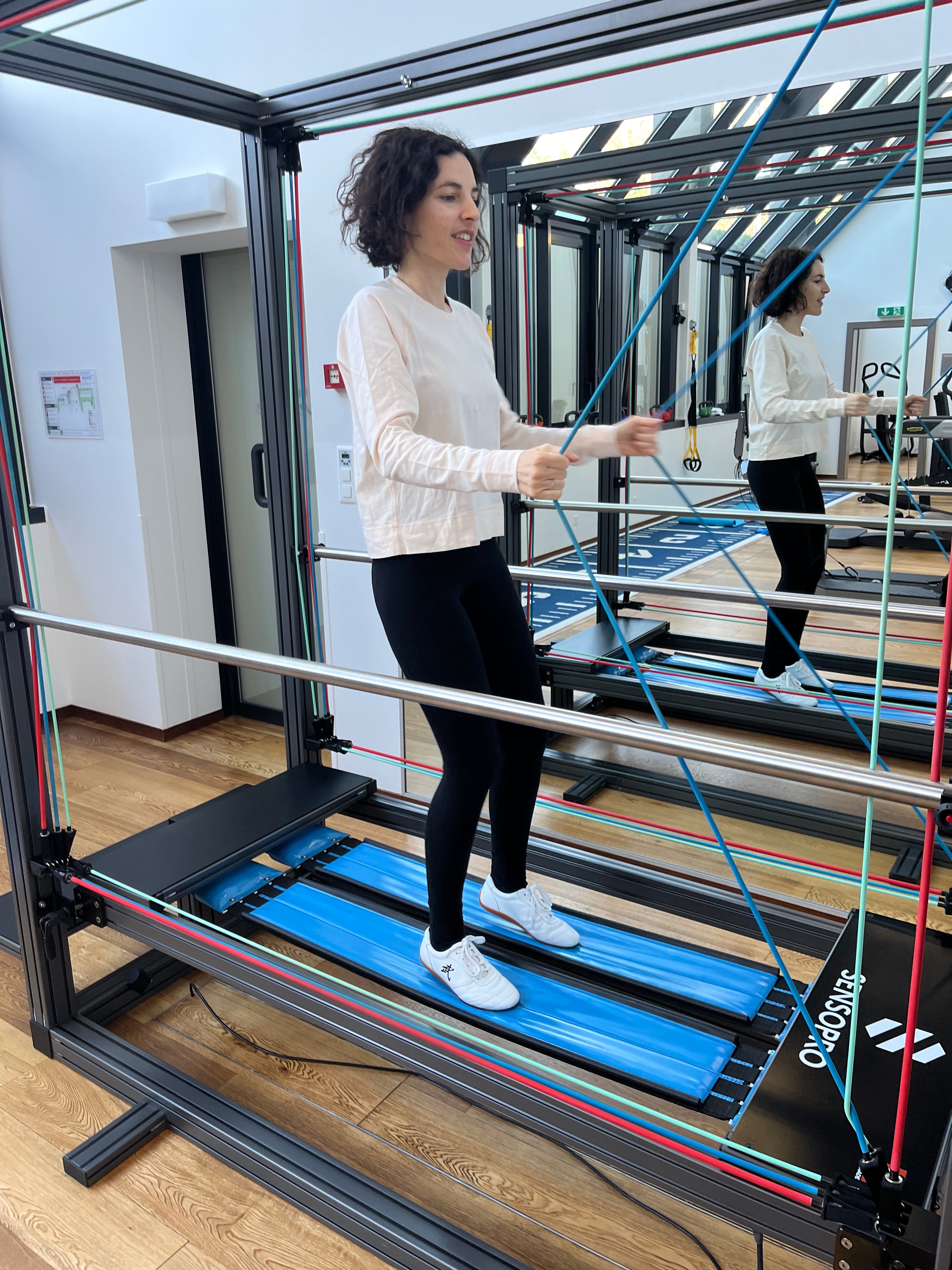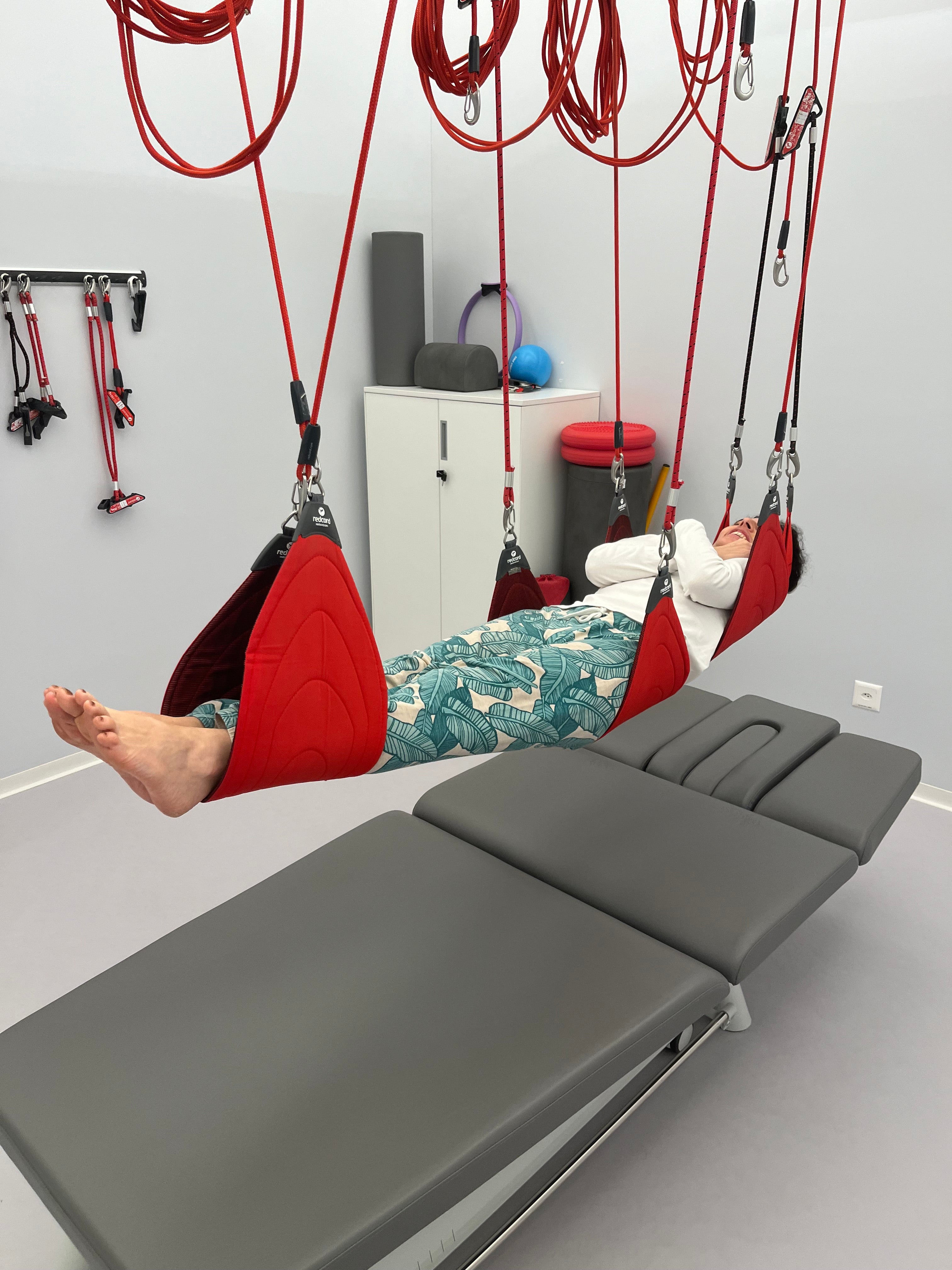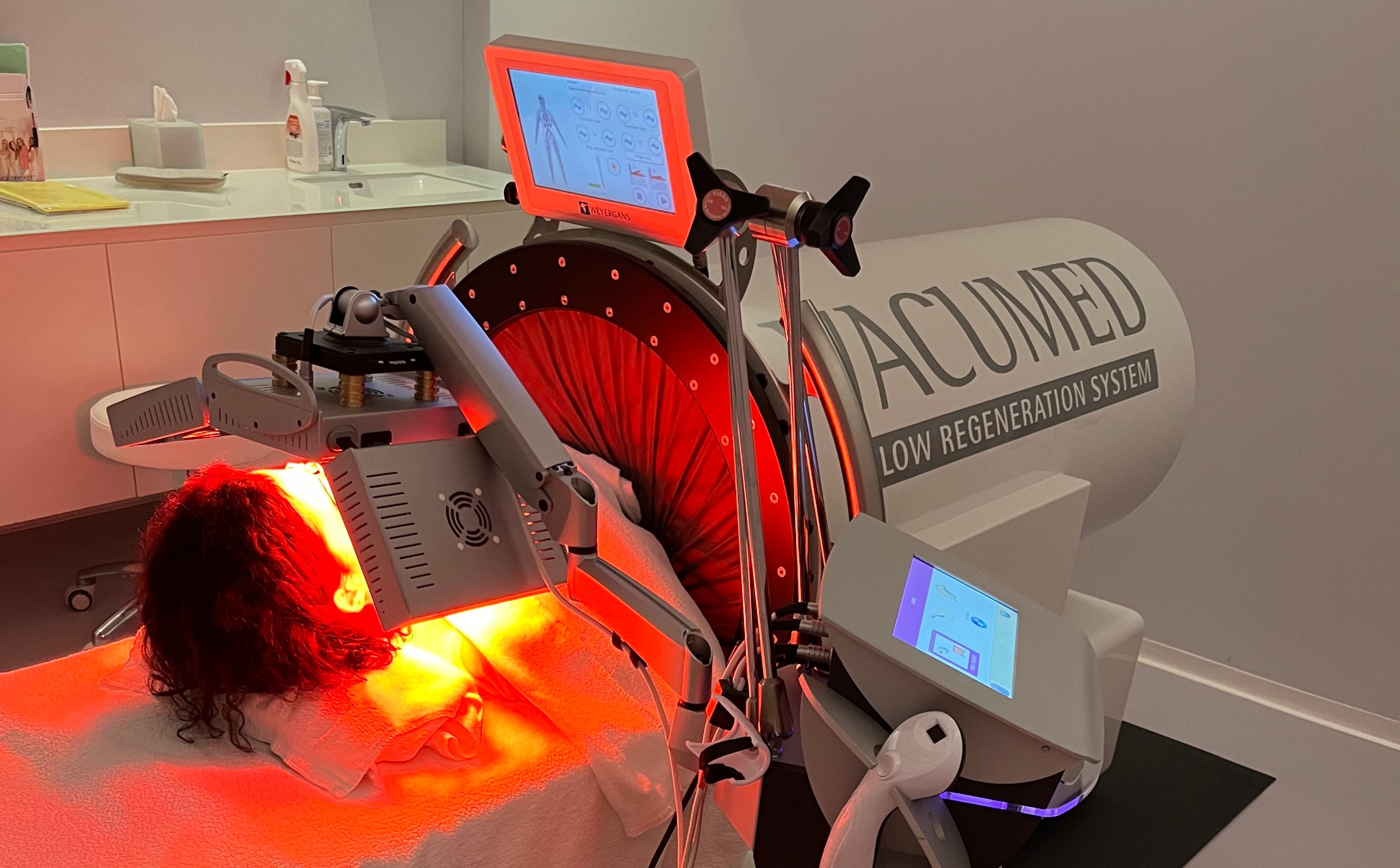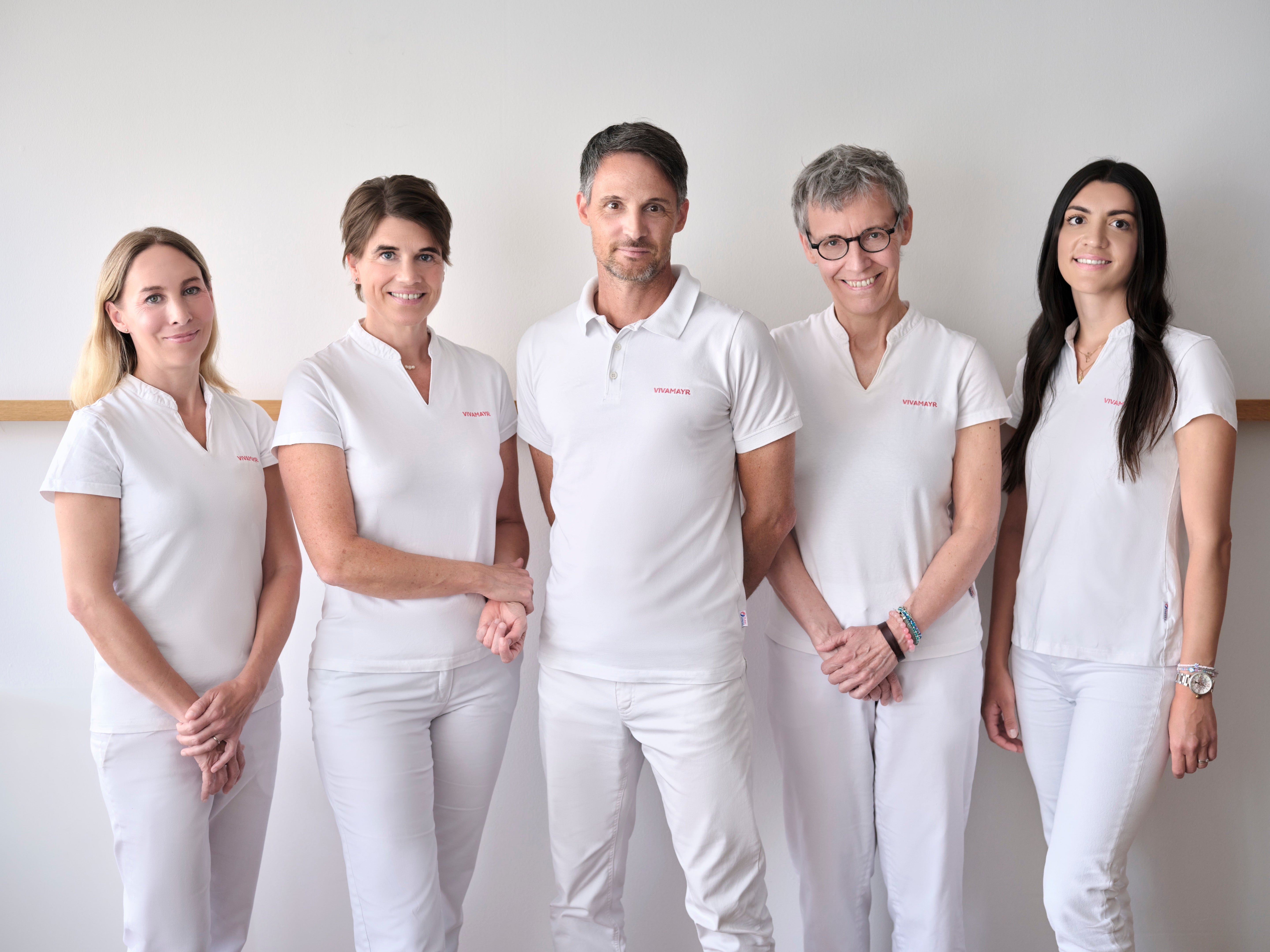You optimize your portfolio. You stress-test your infrastructure. You run scenario planning for your business. But there's one dataset that predicts your health outcomes with remarkable accuracy, and most longevity seekers have never properly analyzed it.
The Intelligence Gap in Precision Health
Research published in BMC Health Services Research demonstrates that family health history assessment is a validated precision medicine technique capable of identifying individuals at elevated risk for chronic disease, enabling targeted preventive interventions.
Yet the same research reveals a troubling reality: family health history is "poorly and infrequently collected" in clinical practice, with physicians citing time constraints and lack of systematic tools as primary barriers.
For longevity enthusiasts and biohackers accustomed to data-driven decision-making, this represents a fundamental market failure. The intelligence exists. The predictive value is established. But the infrastructure for capture and analysis remains inadequate.
Beyond the Longevity Lottery
The popular narrative around family health history focuses on genetic luck, i.e. whether you won the centenarian lottery. The Leiden Longevity Study, which tracked 944 long-lived siblings across multiple generations, reinforced this perspective by demonstrating how longevity advantages transmit through families.
But here's what the research actually tells us: genetics account for approximately 25% of longevity variation. A comprehensive analysis in Mayo Clinic Proceedings confirms that the remaining 75-80% derives from modifiable factors: lifestyle, environment, and behavioral choices (what we eat, how we sleep, how we manage stress, the quality of our social life and sense of purpose ...).
This isn't a limitation. It's an opportunity.
The Strategic Value of Risk Intelligence
Family health history isn't about destiny, rather, it's about preventive health deployment strategy. Knowing your inherited vulnerabilities allows you to allocate resources with precision.
Consider the data: A study examining 22 major diseases found that environmental factors explained 17% of mortality risk variation, while genetic predisposition explained less than 2%. Yet when you combine genetic risk profiles with behavioral interventions, the impact multiplies. Research on smoking and longevity revealed that smoking-related damage accounts for 78% of the life expectancy gap for women and 41% for men between the United States and comparable high-income nations.
The implication is clear: if your family history reveals cardiovascular disease patterns, your smoking cessation, exercise protocol, and lipid management aren't just good practices. They're mission-critical. If your family shows neurodegenerative patterns, your investment in cognitive health, sleep optimization, and inflammation control moves from optional to essential.
The Compounding Effect of Early Intervention
Family health history enables what risk management professionals call "left-shifting": moving interventions earlier in the timeline, i.e. when they're most effective and least costly.
Standard screening protocols are population-based averages. They're designed for median risk. But if three relatives developed colon cancer before age 50, you're not median risk. You're an outlier who requires outlier protocols. Which means, screening at 35 instead of 45, more frequent surveillance, possibly genetic testing for Lynch syndrome.
Research published in multiple precision medicine journals demonstrates that family health history-based risk stratification significantly improves early disease detection rates. The mathematical advantage is simple: earlier detection means more treatment options, better outcomes, and lower intervention costs (both financial and physiological).
The Data Quality Problem
Here's where most family health history initiatives fail: data integrity.
Studies reveal that family health history reporting is highly sensitive to question phrasing, with accuracy varying dramatically based on how information is elicited. For cancer history, reporting rates varied from 45.7% to 65.1% depending on questionnaire structure. For cardiovascular conditions, the range was 56.0% to 72.5%.
For leaders who make decisions based on data analytics, this should be alarming. Garbage in, garbage out applies to health intelligence as much as business intelligence.
Professional collection (structured interviews by trained medical historians, cross-verification with medical records, standardized protocols ...) isn't a luxury. It's the difference between actionable intelligence and noise.
Integration with Emerging Technologies
The future of predictive health combines polygenic risk scores with comprehensive family history. Recent research demonstrates that this integration substantially improves prediction accuracy, with combined models explaining up to 13% more variance in disease risk compared to genomic data alone.
Think of it as fundamental analysis plus technical analysis. Polygenic scores tell you what's written in your code. Family history tells you how that code has expressed itself across environments, lifestyles, and generations. Together, they provide the complete picture.
The Competitive Advantage of Complete Data
Most people collect family health history through casual conversation at holiday dinners, and write it in a note on their iPhone, at best. They rely on memory, anecdote, and incomplete information.
If a person realises the paramount importance of their family health history, and mobilizes the resources for comprehensive data retrieval, this family has a structural advantage in preventive health and longevity. Medical records from deceased relatives. Professional interviews with elderly family members before knowledge is lost. Cross-border record aggregation. Systematic verification.
This isn't just about personal health optimization. It's generational wealth in its most literal form: health intelligence that compounds across descendants. Your grandchildren will benefit from the quality of data you preserve today, especially as interpretation tools become more sophisticated.
From Data to Decision
The research is unambiguous: family health history assessments identify high-risk individuals and enable "pre-emptive and preventive steps, including lifestyle changes, health screenings, testing, and early treatment as appropriate".
But collection is only the beginning. The value emerges in translation, i.e. converting historical patterns into current protocols. This requires:
- Clinical interpretation: Understanding which patterns matter and which are statistical noise
- Risk quantification: Moving from qualitative ("heart disease runs in my family") to quantitative (specific relative risk calculations)
- Protocol design: Translating risk profiles into screening schedules, biomarker panels, and intervention strategies
- Integration: Ensuring your primary care physician, specialists, and health optimization team work from the same intelligence
The Time Arbitrage
Family health history has a unique characteristic: it becomes more difficult to collect as time passes. Each year, crucial sources of information age or pass away. Memories fade. Medical records are destroyed per retention policies.
For those who understand the value of proprietary data, this creates urgency. The competitive advantage belongs to those who build comprehensive health intelligence before the data becomes irretrievable.
Infrastructure for Longevity
You wouldn't manage a billion-dollar portfolio without comprehensive historical data. You wouldn't scale enterprise infrastructure without understanding system vulnerabilities. You wouldn't make strategic decisions based on incomplete information.
Your health deserves the same rigor.
Family health history isn't alternative medicine or wellness trend. It's validated, evidence-based risk intelligence that shapes every other investment you make in longevity, from preventive screening to genetic testing to lifestyle optimization.
The question isn't whether family health history matters. The research settled that decades ago. The question is whether you'll collect it properly, analyze it rigorously, and integrate it systematically. Or else, you know you're operating with an incomplete dataset on the most important system you'll ever manage.
Key Research References:
- Leiden Longevity Study (PubMed PMID: 29596573) - Multigenerational longevity transmission
- BMC Health Services Research (2020) - Family health history in precision medicine implementation
- Mayo Clinic Proceedings - Genetic vs. environmental contributions to longevity













